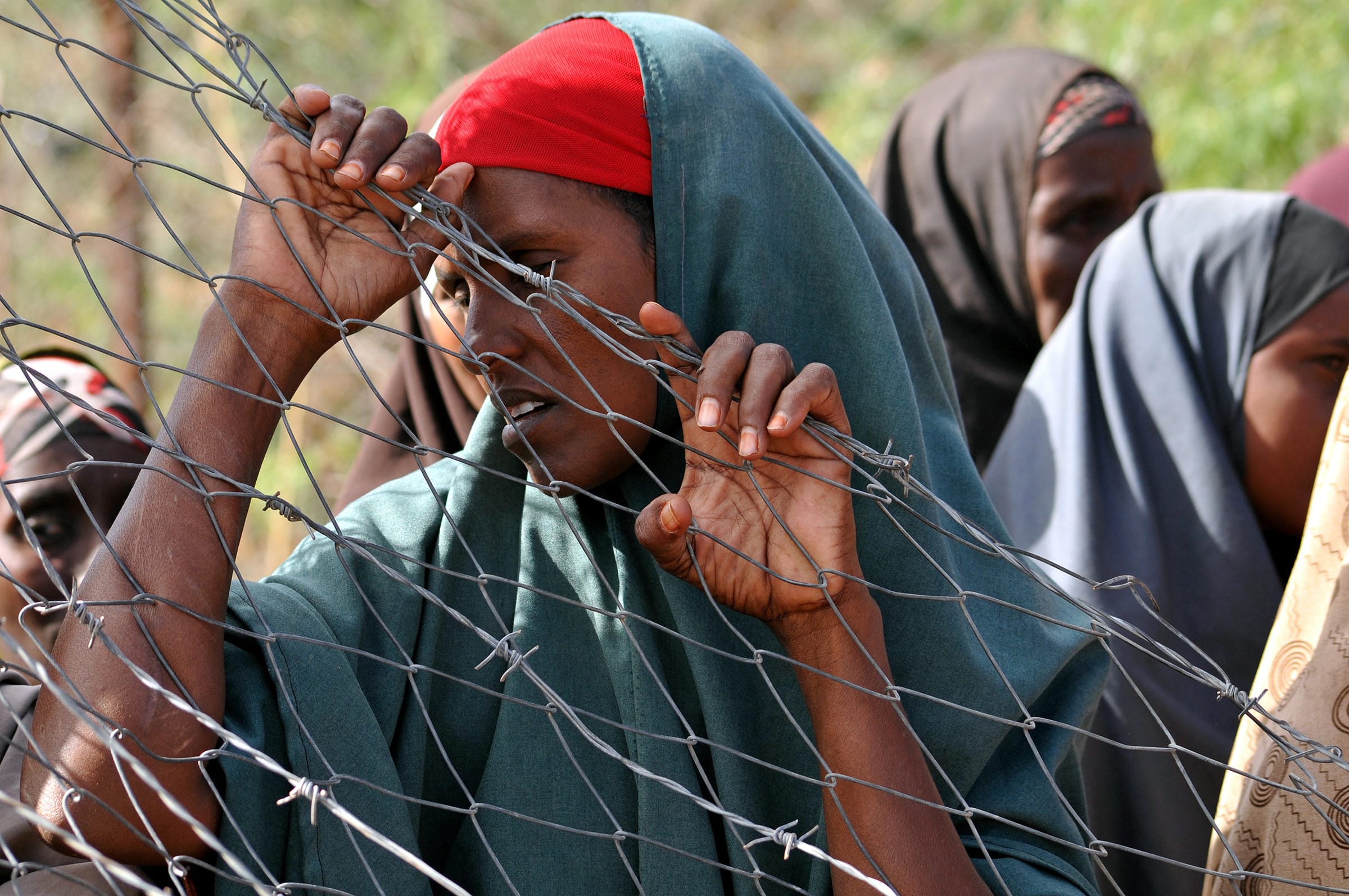Ah, it's this time of the year when Reporters Without Borders decide to parade their stupidity in public. Ladies and Gentlemen - Singapore slipped another two positions into the black - i.e. "very bad" - situation for press freedom, just next to... Somalia.
Yes, yes, one of the world's most prosperous, safest, freest countries is put next to a failed state under unending siege by Islamic fundamentalists, where terror attacks are a regular occurrence.

I seriously can't imagine what goes on in the mind of a human being who put this together, stepped back and thought - "I see nothing wrong with that".
Besides Somalia, Singapore ranks just a few spots ahead of Iraq, Equatorial Guinea (for decades ruled by a violent, corrupt clan that monopolizes oil proceeds, keeping its population in poverty) or Libya (you know, where there's been a regular civil war for a decade now).
Amazingly, Singapore ranks lower than countries like Russia, Belarus, Uzbekistan or Turkey. Hundreds of journalists have been attacked, intimidated, jailed or murdered in Russia since 1993. In Turkey 165 were arrested, 88 convicted and 167 wanted as of May 2020.

Central African Republic - another failed state with only a semblance of governance, where Russia's Wagner Group is dishing out the cards, and where three investigative journalists were assassinated in 2018 ranks a whopping 34 places above Singapore.

In fact, save for Equatorial Guinea, the ENTIRE Subsaharan Africa is ranked higher than the city-state. We're talking about countries ruled by oppressive dictators, ravaged by civil wars, crime, corruption and indiscriminate murder.
Afghanistan is at 122 - 38 places higher. I think we should ask Terry Xu, PJ Thum or Kirsten "Hen" to tell us whether they would prefer to carry on whining from Kabul instead of SG.
I'm sorry, but you have to be mentally unsound to put something like this out there and claim it makes any sense. It reminds me of Oxfam's ranking, which claimed it's better to be poor in Afghanistan than in Singapore due to "inequality".
These people make demands of governments and believe themselves to be authorities on how countries should be run.
If you don't want to be sued for defamation, here's a top tip - don't defame others. Journalists perceive themselves to be some saintly beings, deserving absolute immunity from whatever they decide to conjure about someone they don't like because they think they "speak truth to power" - even if it has nothing to do with the truth.
If you circulated allegations that I was part of a group seeking to launder foreign money, I would sue the pants off you, and I wouldn't need to be the Prime Minister to do that.
Apparently, modern "journalism" does not involve integrity anymore. That's why some of the biggest local whiners resorted to employing foreign staff to masquerade as locals, writing slanderous pieces about the country and its politics.
And yet I haven't heard a peep about even the most duplicitous, malicious pseudojournalists ending up behind bars or in a pool of their own blood. They are functioning well every day of the year, publishing content around the clock in this "unfree" country, allegedly worse than failed states ripped apart by wars. I don't think Terry is spending lunches sweating over the possibility that someone spiced up his mee goreng with an unhealthy dose of polonium or a deadly chemical nerve agent.
But this ranking does have its uses - it shows quite perfectly where the biggest problems of the modern world originate: in the lazy, dumb, privileged class of self-righteous "journalists" who keep misinforming the masses, pitting people against each other, aggravating social ills, leading to violence, crime and societal polarization that may be hard to reverse.
RSF members may call themselves "without borders," but they should know their limits.





